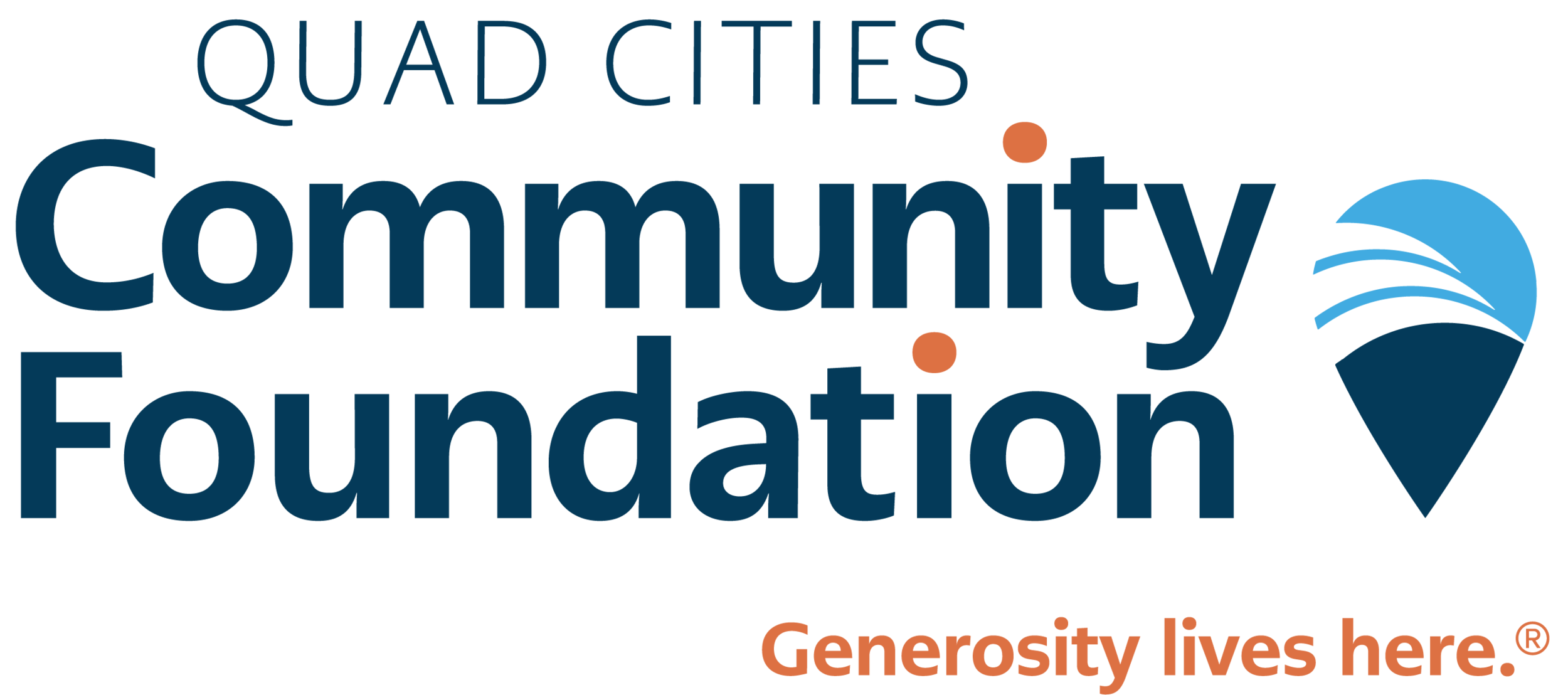Community Impact Endowment helps organizations support their core mission
John Howes is certain that when the young man he has mentored through the Big Brothers Big Sisters program walks across the stage to receive his high school diploma one year from now, no one will be more proud than he will be. "That's why we do it," said Howes, who has participated on and off with the program since the mid-1990s.
Howes has mentored a 17-year-old for four years through Big Brothers Big Sisters of the Mississippi Valley, and has watched the high school student overcome tremendous challenges since they met. "He'll be the first in two generations to graduate from high school," Howes said. "He has aspirations that are excellent."
Howes has three grown children, all of who were successful in school and have gone on to successful careers. "It's a credit to them," he said.
Despite having been a parent for so long, mentoring his BBBS student has been different—much different—because the unique challenges he faces are so different from his own children. "This has been a change for me," he said.
That is exactly why grant programs like Q2030 Grants and Nonprofit Capacity Building Grants from the Quad Cities Community Foundation, through the Community Impact Endowment, exist. The endowment has helped organizations like BBBS provide training for "bigs" in the areas of mental health, poverty, bullying, literacy and other emerging issues. The training has been so important, said Jay Justin, President and CEO.
With the $2,000 grant BBBS received from the Community Foundation, they have provided lunch and learn sessions to more than 400 "bigs," teaching strategies for how to cope with issues like bullying, peer pressures and depression they can then pass along to their "littles." "It helped the 'bigs,' who are often middle to higher class and have higher education, to be aware of the language and decision-making of kids living in poverty," Justin said.
If a "big" and "little" go out to lunch, for example, he said, and a "little" saves half of their sandwich, it might not mean that they aren't hungry or don't like the sandwich. "For a kid in poverty, they might not know where their next meal is coming from," he said. "They might be saving half the sandwich for later, or giving it to a sibling."
Another example, Justin said, is the lower rates of reading proficiency for students in poverty. A "big" who might have grown children, or no children, might struggle to know what kind of reading a "little" should be doing. "We gave them helpful hints for things they can do to sharpen their skills," he said.
The bottom line for the monthly trainings, he added, was to simply help the "bigs" become more aware and in-tune with the socioeconomic reality of their "littles." "We want them to be more sympathetic and effective in their relationships," Justin said.
The training makes a difference. The BBBS staff, for instance, was also able to incorporate training they received from the Robert Young Center to teach "bigs" the warning signs of depression and harmful behaviors. "Bigs" were then able to recognize some of the behaviors in several "littles" and BBBS connected the families with the right resources.
Justin said the organization is not above reaching out for help in areas that they are not formally trained. Some teens, for example, have reached out to their mentors when they have been depressed or suicidal, and having a staff member receive training from the mental health community means "bigs" have the support they need when they face serious issues, Justin said.
"We have a core mission to make and support one-on-one mentoring relationships," he said. "But because we have a relationship with the schools, parents, 'bigs' and 'littles,' we listen to what they need and we turn to the community for that."
The support from the Community Foundation helped BBBS fill an important gap in training, Justin said. "Some grants, like the one from the Community Foundation, further the community collaboration in how we coordinate services," he said.
Better training translates into longer and stronger matches, Justin added.
Howes said he is thankful for the foundation of training and ongoing support he receives at BBBS. "They're fantastic with advice and counsel," he said. "They're right there for me."
Howes said he learned something 20 years ago when he started mentoring. "When you are matched, there is no natural authority," he said. "You're not their parent, teacher, or clergy. Any respect they give us is earned. Anything BBBS can do to help us along those lines is critical."
Justin said that even with quality training, "bigs" can feel overwhelmed when learning of the hurdles their "littles" must overcome. "They feel like a couple hours spent with them isn't going to make a difference," he said. "We tell them these exposures are motivators to show them what's possible."
The Quad Cities Community Foundation offers a variety of grant opportunities, from Q2030 to Nonprofit Capacity Building and many more. Click here to learn more and apply for a grant today.
Learn how you can give to the Community Impact Endowment, and transform the lives of thousands of people in our region. Contact our Development Team at 563/326-2840 to learn more.
